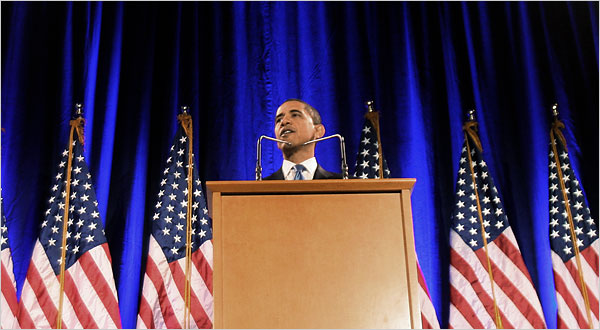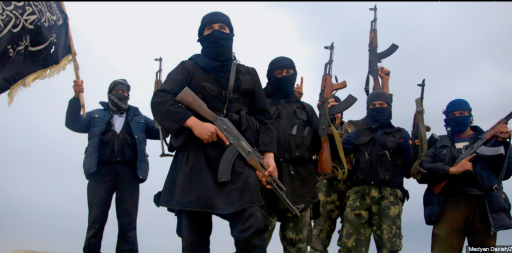Sexual Repression, Political Repression and Violence
Martin Scorsese could have a field day with this, al la Taxi Driver and Raging Bull. It’s not entirely surprising that a repressed view of sexuality might spawn violence, given that they seem to be revulsed by their feelings:
Wright draws a fascinating picture of Sayyid Qutb, the font of modern Islamic fundamentalism, a frail, middle-aged writer who found himself, as a visitor to the United States and a student at Colorado State College of Education in Greeley in the 1940’s, overwhelmed by the unbridled splendor and godlessness of modern America. And by the sex: like so many others who followed him, Qutb seemed simultaneously drawn to and repelled by American women, so free and unselfconscious in their sexuality. The result is a kind of delirium:
“A girl looks at you, appearing as if she were an enchanting nymph or an escaped mermaid,” Qutb wrote, “but as she approaches, you sense only the screaming instinct inside her, and you can smell her burning body, not the scent of perfume, but flesh, only flesh. Tasty flesh, truly, but flesh nonetheless.”
It wasn’t much later that Qutb began writing elaborate rationalizations for killing non-Muslims and waging war against the West. Years later, Atta expressed a similar mix of obsession and disgust for women. Indeed, anyone who has spent time in the Middle East will recognize such tortured emotions.
WRIGHT shows, correctly, that at the root of Islamic militancy — its anger, its antimodernity, its justifications for murder — lies a feeling of intense humiliation. Islam plays a role in this, with its straitjacketed and all-encompassing worldview. But whether the militant hails from a middle-class family or an impoverished one, is intensely religious or a “theological amateur,” as Wright calls bin Laden and his cohort, he springs almost invariably from an ossified society with an autocratic government that is unable to provide any reason to believe in the future.
Rather than turning their revulsion on themselves, they lash out at the object of their revulsion. Hence the focus on the “godlessness” of America.
Also interesting is the point about terrorism coming from politically repressed societies. This has been studied before by Alan Krueger and he reached a similar conclusion.
Via Ann Althouse.
update: I forgot to mention that I was walking the French Quarter the other day and saw some men who were quite clearly of Middle Eastern extraction. They noticed a woman stripping in silhouette and were fascinated. One of the guys posed in a “he-man” like position in front while another took a picture. At the time it struck me as a pretty healthy reaction coming from societies that look down on women being naked, even in silhouette. OK, that looks down on them not wearing a burka.






Let’s not forget, women were way sexier (looking) in the 1940s than they are now.
That we wouldn’t be surprised by American men making the same pose as their sexually creepy peers in the ME should probably give one pause for thought.
Why are fundamendalist Christians equally vexed by women? We don’t live in an authoritarian state.
Are fundamentalist Christians really vexed by women? I know a couple who are not, though they do have some old-fashioned ideas about gender.
Besides, I think the political repression leads to violence in the form of terrorism and sexual repression leads to more violence, probably directed against women or people deemed to be “godless”; political repression doesn’t lead sexual repression. Which would explain the fixation with America, which has a great tradition of religious liberty.